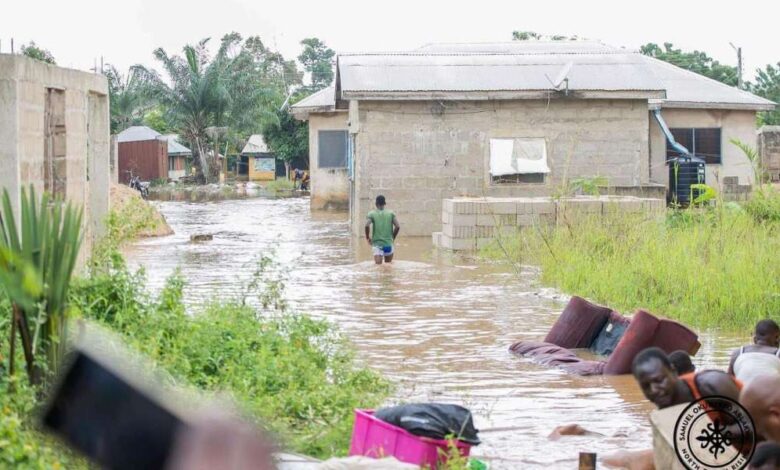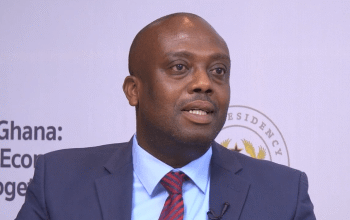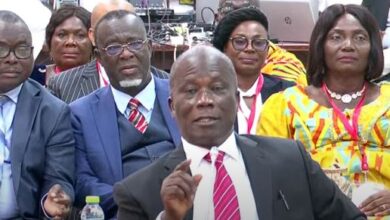Committee faults VRA, NADMO in Akosombo flood disaster

A five-member committee appointed by President John Dramani Mahama has submitted its findings on the 2023 Akosombo Dam spillage, highlighting significant lapses in disaster preparedness and coordination.
The report, presented on May 7, 2025, calls for urgent reforms to strengthen Ghana’s response to future emergencies.
The Volta River Authority (VRA) initiated a controlled spillage from the Akosombo and Kpong Dams between September 15 and October 30, 2023, due to dangerously high water levels.
Although the action prevented potential structural failure, it led to severe flooding that displaced over 38,000 residents across Mepe, Battor, Sogakope, Kpong, and Ada.
The committee attributed the scale of devastation to climate-induced rainfall, weak local disaster planning, and a lack of coordinated communication among key stakeholders.
It found that although the VRA had an Emergency Preparedness Plan (EPP) and conducted simulations, some District Chief Executives and Members of Parliament failed to align with the communication and evacuation strategies, affecting the implementation of relief efforts.
Key technical findings noted that on September 18, 2023, the dam recorded a water inflow of 477,984 cubic feet per second—the highest in years—forcing the release of approximately 8 million acre-feet of water over 46 days. This amount was lower than in 1968 but could be exceeded in future events due to climate change.
Challenges identified included:
- Lack of local disaster plans and evacuation resources
- Communication breakdowns and public mistrust
- Resistance to relocation due to land ties, cultural factors, and inadequate resettlement arrangements
- Inadequate compensation and dissatisfaction among victims, many of whom were never compensated during the dam’s original construction
The committee observed that some victims are still living in tents, declining relocation to temporary shelters due to lack of privacy and distance from their original homes.
Some communities have also rejected government resettlement projects for not being consultative or reflective of their needs.
Recommendations include:
- Enhancing local emergency response plans and simulations
- Strengthening stakeholder coordination and communication
- Reviewing land-use policies around the dam basin
- Implementing inclusive and well-resourced resettlement strategies
- Accelerating compensation for affected households
President Mahama, in his 120-day address, acknowledged the report and confirmed that compensation for affected communities is being processed. A detailed government action plan based on the committee’s findings will be released soon.





